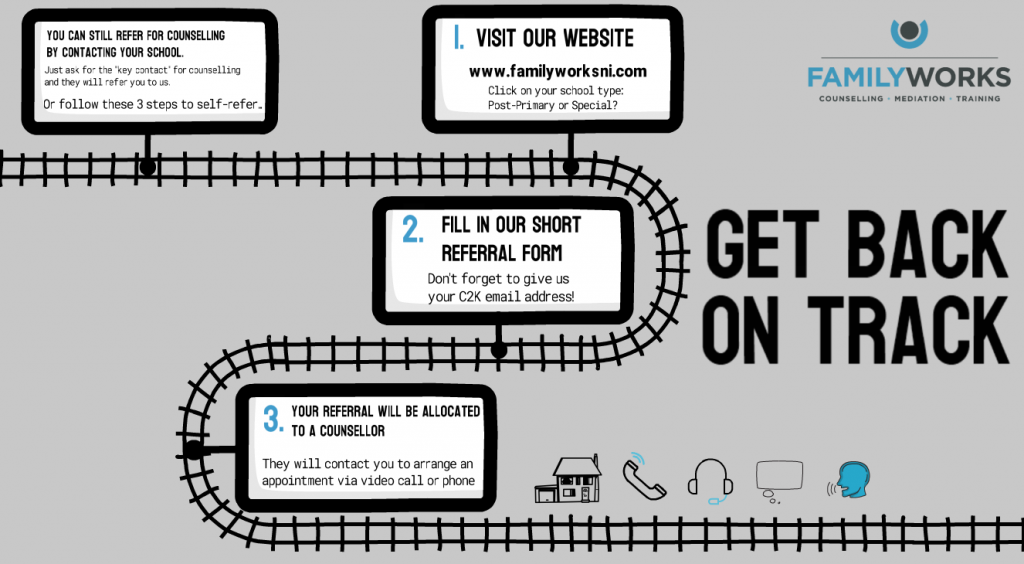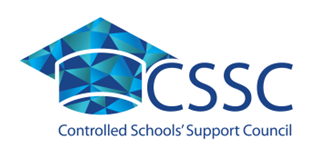Counselling
COUNSELLING INFORMATION FOR PUPILS
Social media accounts on Facebook/Instagram/Twitter – see below links:
https://www.facebook.com/familyworksni/?ref=py_c
https://www.instagram.com/familyworkscounselling/
https://twitter.com/familyworksni/
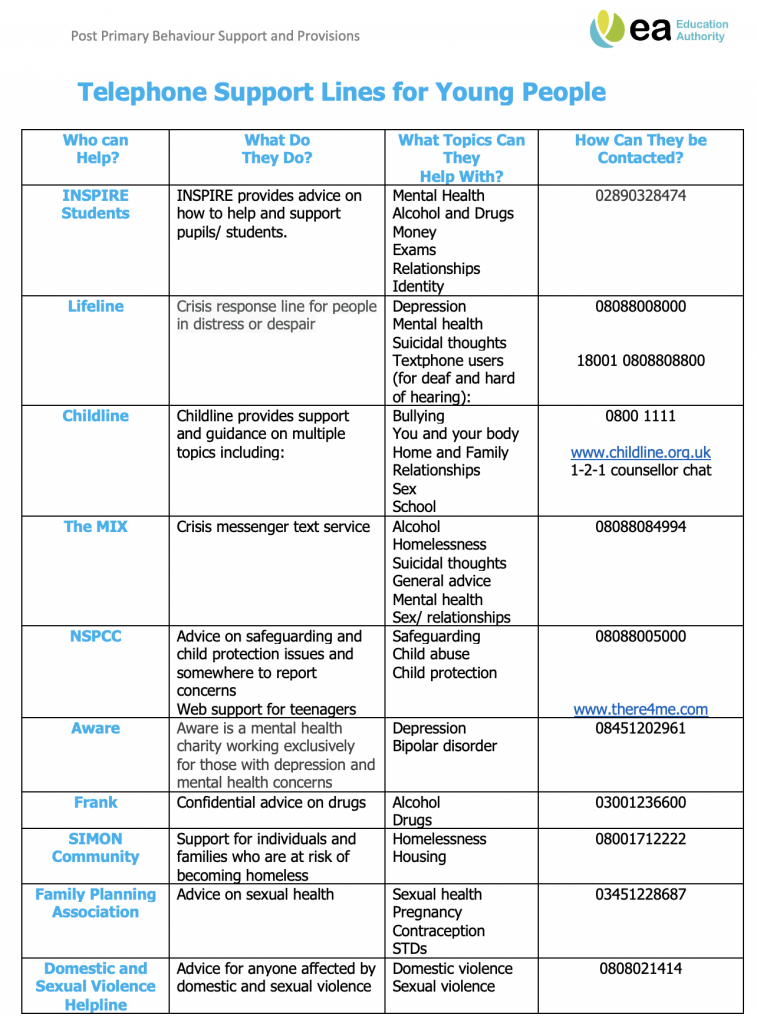
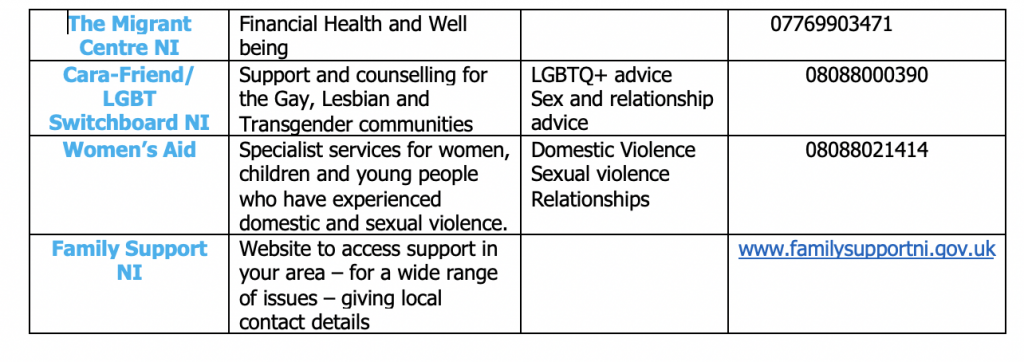
COUNSELLING INFORMATION FOR PARENTS AND CARERS

School staff work very hard to ensure that our pupils get the best education. However, some pupils are hampered from achieving their full potential for a range of reasons including social, emotional, family bereavement or personal problems. Counselling provides an opportunity to talk to a professionally qualified counsellor about their concerns.
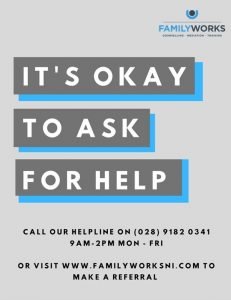
What is counselling?
Counselling provides an opportunity to talk in confidence to a qualified Counsellor about any issues/concerns. The issues raised will depend on the individual, but common themes are stress, relationships, bereavement or traumatic events.
Who are the Counsellors?
They are a team of professionally qualified and experienced people who have experience working with children and young people. Counsellors are trained to listen without and to help people sort out their thoughts and feelings about whatever is concerning them.
Why do we need a Counsellor in school?
Few of us are able to work well when we are stressed or unhappy. The impact of distressing or difficult situations can be felt even more acutely by young people than by adults. If pupils are able to receive emotional support from a qualified professional they will have greater opportunity to fulfil their potential. Where and when does it take place? A small, private room is made available in school during the day. Sessions can last up to fifty minutes and appointment times are varied so that time is not lost from any one subject. Counselling may last for just a few sessions or be longer term. The need is reviewed regularly between counsellor and pupil.
Is it confidential?
A key feature of the counselling service is that information is treated confidentially. Counselling is a time when it is alright to talk about concerns without fear of them being discussed elsewhere. This includes not discussing the counselling work with parents, unless the pupil requests or gives consent to this. This can be hard for parents to accept at times, but ensuring the confidentiality of the work is crucial for establishing trust so that pupils feel confident to speak openly and freely about what is concerning them.
However, if a pupil appears to be at risk of significant harm it may be appropriate to seek help from other agencies to keep them safe. The Counsellor will discuss this with the pupil first.
All Counsellors receive supervision of their work to ensure the quality of their practice, and these sessions involve the anonymous presentation of casework. At no time will the pupil’s name appear on paperwork.
What if I don’t want my child to receive counselling?
If your child requests counselling and is able to understand what is involved in the process, then they have the right to access counselling. You cannot deny them this right.
What if my child refuses to have Counselling?
The decision about whether or not to take up the offer of counselling is entirely voluntary for young people just as it would be for an adult.
Can I support the Counselling work?
Yes, and this is welcomed. Experience shows that the most helpful thing a parent or carer can do is to show an acceptance of counselling as a normal and useful activity, and to show an interest if their child wishes to talk about it, but not to press them if they do not. Counsellors acknowledge that this is not an easy task, and it is quite natural for parents to feel anxious about what may be being said in the sessions. It is hoped that talking with a Counsellor will lead to greater openness, but you may need to allow a little time for this to happen.
If my child wants to see a Counsellor does that mean that I am failing as a parent?
Absolutely not! We all experience occasions when it feels hard to speak to those closest to us about things which are bothering us. Often this can be because we do not want to worry those we love best, or because we want help thinking things through with someone unbiased and removed. The Counsellor will not be judging you or your child, but looking to help them find their way through whatever is troubling them.
How are referrals made to the Counselling Service?
Referrals are made through our school’s pastoral care system. The request may come from you by contacting me directly or your child’s Head of Year. Your child may request counselling themselves by using the self-referral post box outside my office. An initial session can be held with the young person to determine if counselling is an appropriate support in their circumstances.
Data Protection Procedures and Evaluation
All information about counselling work undertaken must be kept securely by the Counselling Service in line with the requirements set by the Data Protection Act 1988. After the counselling has finished your child will be sent an evaluation form to complete anonymously. If there is any cause for complaint, you or your child are welcome to contact the Counsellor, the Counselling Provider or the ICSS Regional Co-ordinator who will try to resolve any issues of concern.
How to refer
